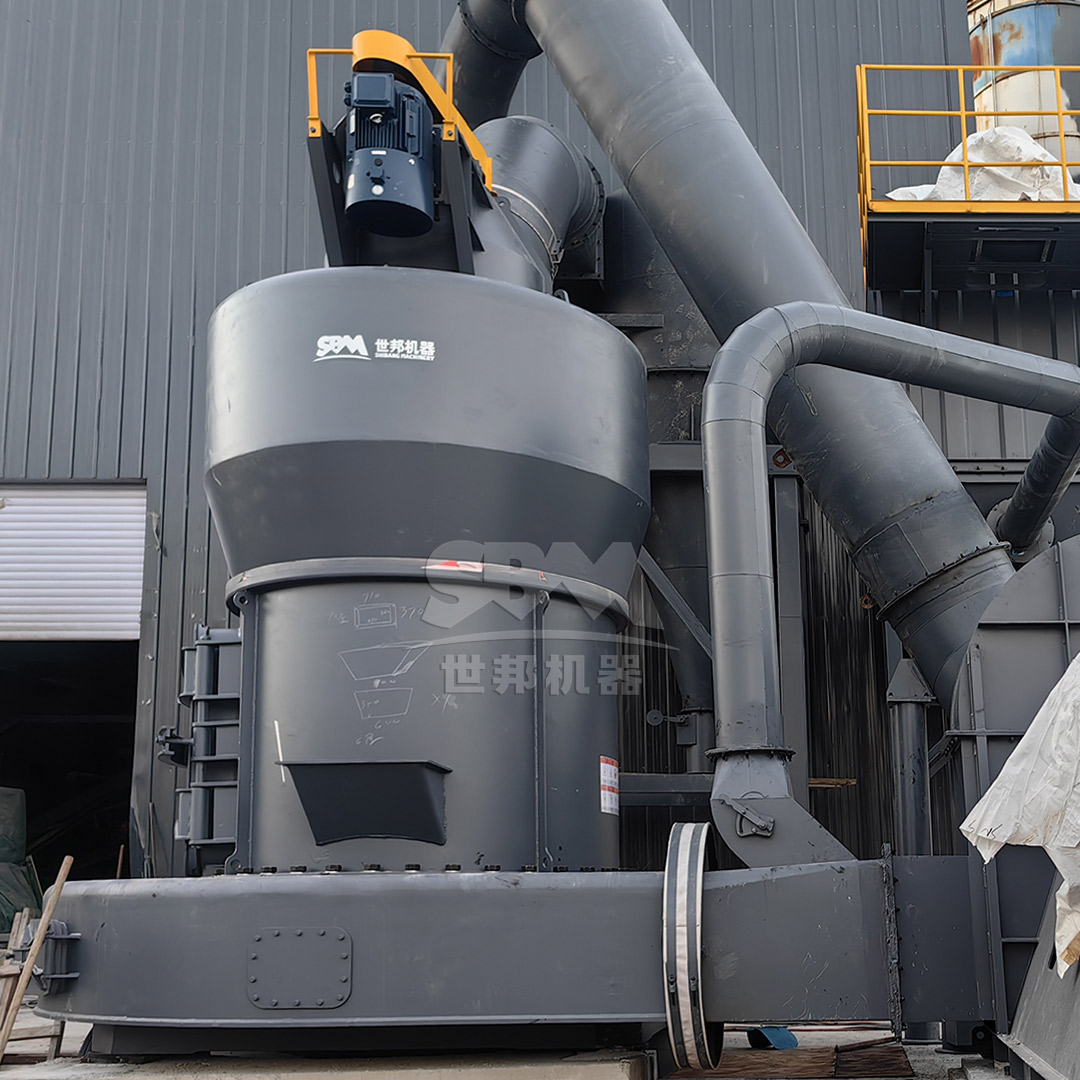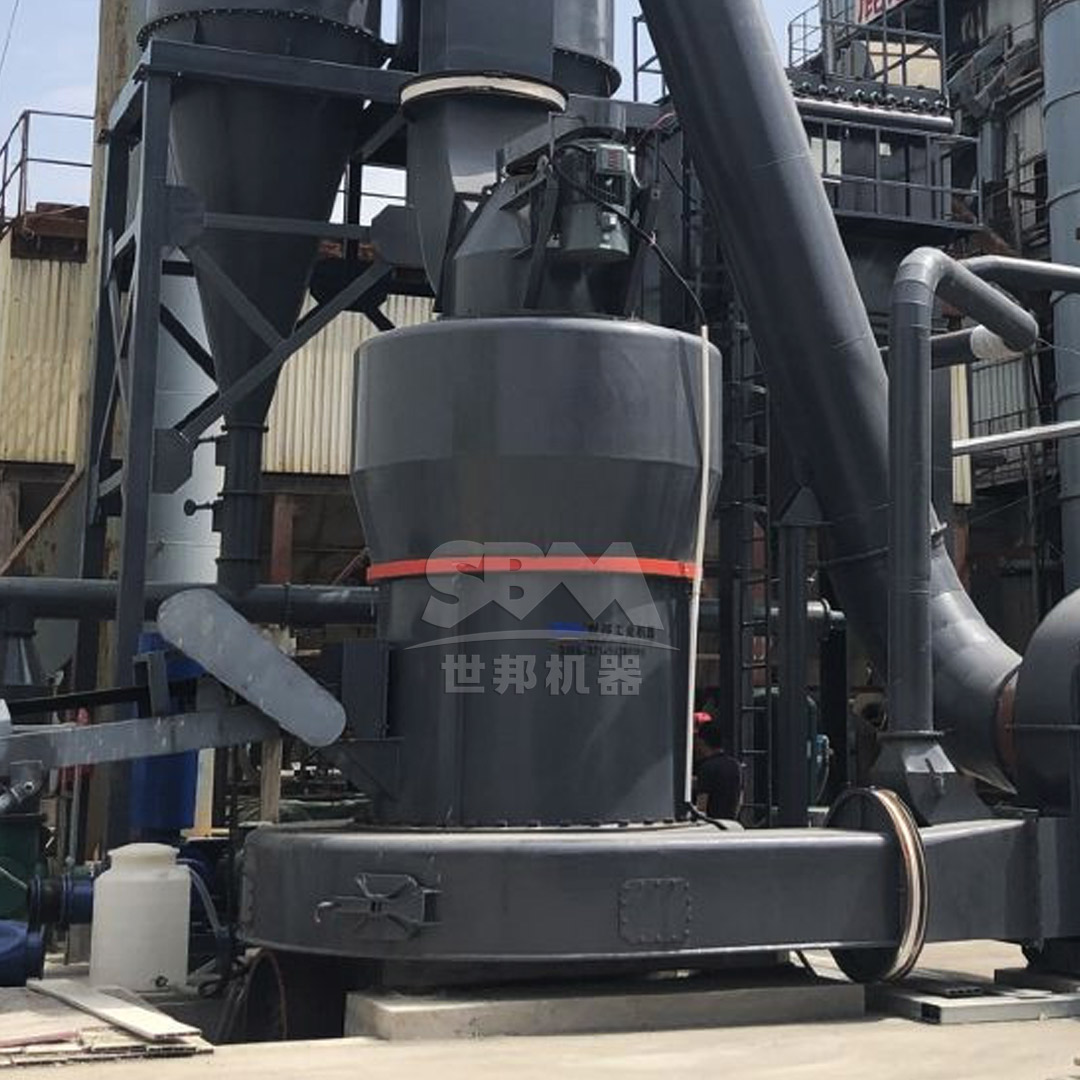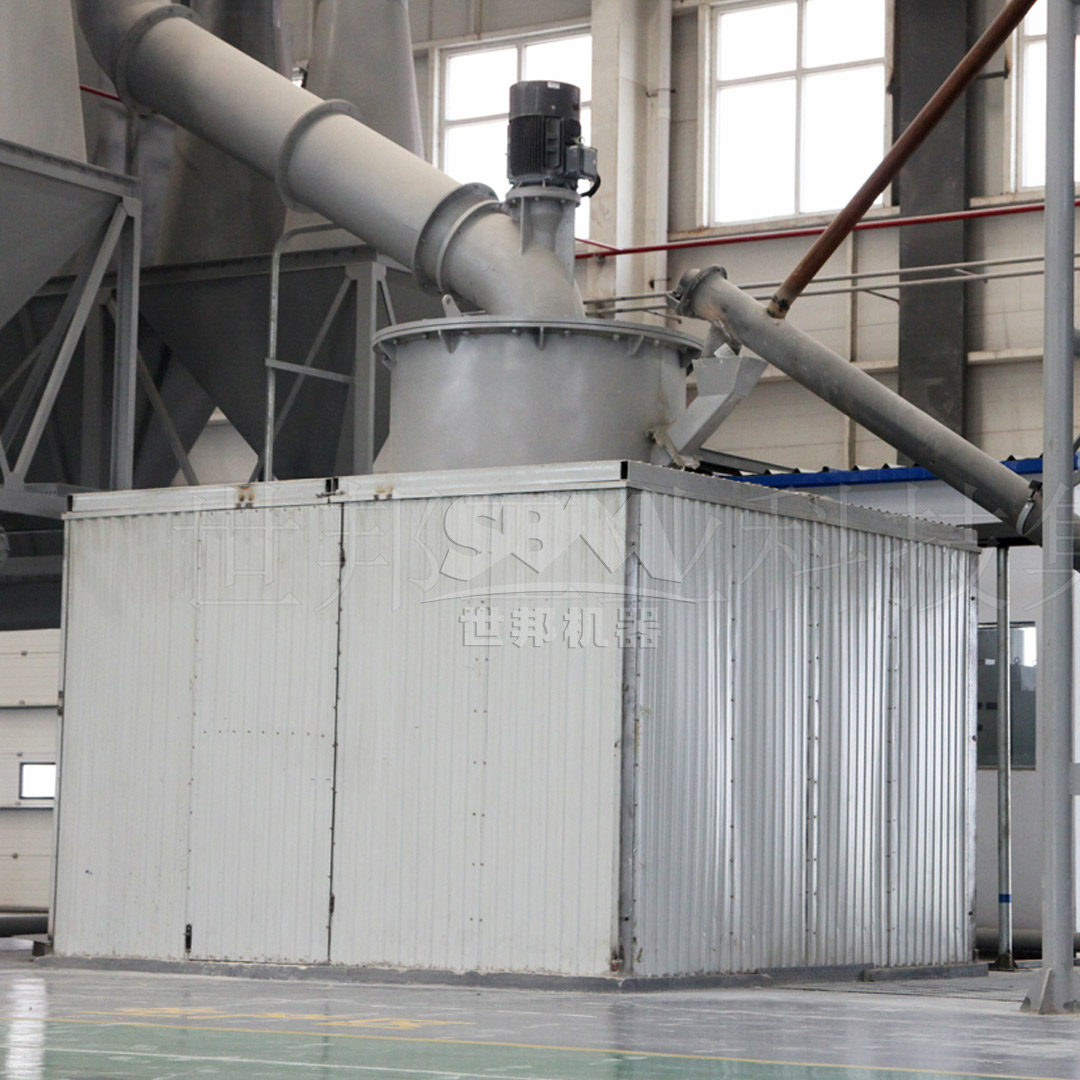The manufacturing of high-performance precision ceramics represents one of the most technologically demanding applications in modern materials science. These advanced ceramics, used in applications ranging from medical implants to aerospace components and electronic substrates, require exceptional purity, controlled microstructure, and precise dimensional characteristics. At the heart of this manufacturing process lies the preparation of raw materials, where bauxite – the primary aluminum ore – plays a crucial role. The transformation of raw bauxite into the ultra-fine, highly consistent powders necessary for precision ceramics demands grinding technology of exceptional capability.
Traditional grinding methods often fall short in meeting the stringent requirements of precision ceramics manufacturing. Inconsistent particle size distribution, contamination from grinding media, and inadequate control over final product characteristics can compromise the performance and reliability of the finished ceramic components. This is where advanced ultrafine milling technology, specifically designed for challenging materials like bauxite, delivers transformative advantages.

The transition from conventional ceramics to high-performance precision ceramics has dramatically elevated the requirements for raw material quality. Precision ceramics demand:
Bauxite, with its high alumina content and favorable sintering characteristics, serves as an ideal starting material for many advanced ceramic applications. However, conventional grinding approaches often introduce unacceptable compromises in these critical parameters.
Processing bauxite for precision ceramics presents several distinct technical challenges that conventional milling equipment struggles to address effectively. Bauxite’s variable hardness, abrasive nature, and tendency toward particle agglomeration require specialized milling solutions.
The mineral composition of bauxite typically includes corundum (Al2O3) and other hard mineral phases that rapidly wear conventional grinding media. This wear introduces metallic contamination that can severely compromise the electrical, thermal, and mechanical properties of finished ceramic components. Additionally, the high temperatures generated during inefficient grinding can induce phase transformations in the bauxite that negatively impact subsequent processing.
The comminution process becomes exponentially more energy-intensive as particle size decreases. Achieving the ultrafine particle sizes required for precision ceramics (typically 325-2500 mesh) through conventional ball milling or impact crushing approaches consumes prohibitive amounts of energy while generating excessive heat that can damage both the equipment and the material being processed.
Precision ceramics manufacturing requires not just fine particles, but a consistently narrow particle size distribution. Wide distributions lead to differential sintering rates, resulting in warping, cracking, and inconsistent dimensional characteristics in the final product. Traditional classification systems often fail to provide the sharp cut points necessary for these applications.

For manufacturers seeking to overcome these challenges while achieving superior product quality and operational efficiency, the SCM Ultrafine Mill represents a technologically advanced solution specifically engineered for demanding applications like bauxite processing for precision ceramics.
The SCM Ultrafine Mill employs a sophisticated multi-layer grinding principle that progressively reduces bauxite particles through controlled mechanical forces. Unlike conventional single-pass systems, this approach ensures that particles receive optimal energy input at each stage of size reduction, minimizing overgrinding of fines while effectively processing coarser fractions.
The mill’s unique grinding chamber design, featuring special alloy roller and ring sets engineered for maximum wear resistance, delivers consistent performance even with highly abrasive bauxite feedstocks. This design eliminates metal-to-metal contact in critical areas, dramatically reducing contamination risks that are so critical for precision ceramics applications.
At the heart of the SCM Ultrafine Mill’s capability to produce the narrow particle size distributions required for precision ceramics is its advanced vertical turbine classification system. This system provides:
The classification system operates in closed circuit with the grinding mechanism, ensuring that only properly sized material exits the system while oversize particles are continuously returned for further processing. This closed-loop approach guarantees consistent product quality unmatched by open-circuit milling systems.
| Model | Processing Capacity (ton/h) | Main Motor Power (kW) | Feed Size (mm) | Final Fineness (mesh) |
|---|---|---|---|---|
| SCM800 | 0.5-4.5 | 75 | ≤20 | 325-2500 |
| SCM900 | 0.8-6.5 | 90 | ≤20 | 325-2500 |
| SCM1000 | 1.0-8.5 | 132 | ≤20 | 325-2500 |
| SCM1250 | 2.5-14 | 185 | ≤20 | 325-2500 |
| SCM1680 | 5.0-25 | 315 | ≤20 | 325-2500 |
When evaluated against conventional milling technologies, the SCM Ultrafine Mill delivers measurable advantages across multiple parameters critical to precision ceramics production.
The most significant advantage for ceramics manufacturers is the dramatic improvement in product quality. The SCM Ultrafine Mill produces bauxite powder with:
These characteristics translate directly to improved performance in the finished ceramic components, including higher density, better dimensional stability, enhanced mechanical strength, and more predictable electrical properties.
Beyond product quality, the SCM Ultrafine Mill delivers substantial operational benefits:
These efficiency advantages compound throughout the manufacturing process, as the consistent quality of the milled bauxite powder reduces downstream processing issues and rejection rates.
Modern ceramics manufacturing operates under increasingly stringent environmental regulations. The SCM Ultrafine Mill addresses these concerns through:

For complete bauxite processing lines, the SCM Ultrafine Mill integrates seamlessly with complementary equipment to create optimized production systems. The MTW Series Trapezium Mill serves as an excellent preliminary grinding solution for coarser processing requirements, handling feed sizes up to 50mm and producing intermediate products at 30-325 mesh.
This two-stage approach – utilizing the MTW Series for initial size reduction followed by the SCM Ultrafine Mill for final refinement – provides ceramics manufacturers with exceptional flexibility to process bauxite feedstocks of varying characteristics while optimizing energy consumption and maximizing equipment utilization.
| Model | Processing Capacity (ton/h) | Main Motor Power (kW) | Feed Size (mm) | Final Fineness (mesh) |
|---|---|---|---|---|
| MTW110 | 3-9 | 55 | <30 | 10-325 |
| MTW138Z | 6-17 | 90 | <35 | 10-325 |
| MTW175G | 9.5-25 | 160 | <40 | 10-325 |
| MTW215G | 15-45 | 280 | <50 | 10-325 |
A leading manufacturer of alumina-based technical ceramics for the semiconductor industry recently transitioned from a traditional ball milling system to the SCM Ultrafine Mill for their bauxite processing operations. The results demonstrated the transformative impact of advanced milling technology:
These improvements translated directly to enhanced competitive positioning, with the manufacturer reporting increased market share in high-value semiconductor component applications.
As precision ceramics continue to evolve toward ever-more demanding applications, the requirements for bauxite powder characteristics will become increasingly stringent. Future developments in ultrafine milling technology will likely focus on:
The SCM Ultrafine Mill platform provides an excellent foundation for these future developments, with its modular design and adaptable control architecture facilitating continuous technological advancement.
The manufacturing of high-performance precision ceramics demands raw materials of exceptional quality, with bauxite powders requiring precise control over particle size, distribution, morphology, and purity. Conventional comminution technologies often fall short in meeting these stringent requirements, compromising both product performance and manufacturing efficiency.
The SCM Ultrafine Mill represents a technologically advanced solution specifically engineered to address the challenges of bauxite processing for precision ceramics applications. Through its sophisticated multi-layer grinding mechanism, precision classification system, and robust, contamination-resistant design, it delivers bauxite powders with the consistent characteristics necessary for advanced ceramic components.
For ceramics manufacturers seeking to enhance product quality, improve operational efficiency, and maintain competitive positioning in demanding markets, investment in advanced ultrafine milling technology represents not just an operational improvement, but a strategic imperative. The demonstrated benefits in product consistency, energy efficiency, and total cost of ownership position the SCM Ultrafine Mill as an enabling technology for the next generation of precision ceramics manufacturing.